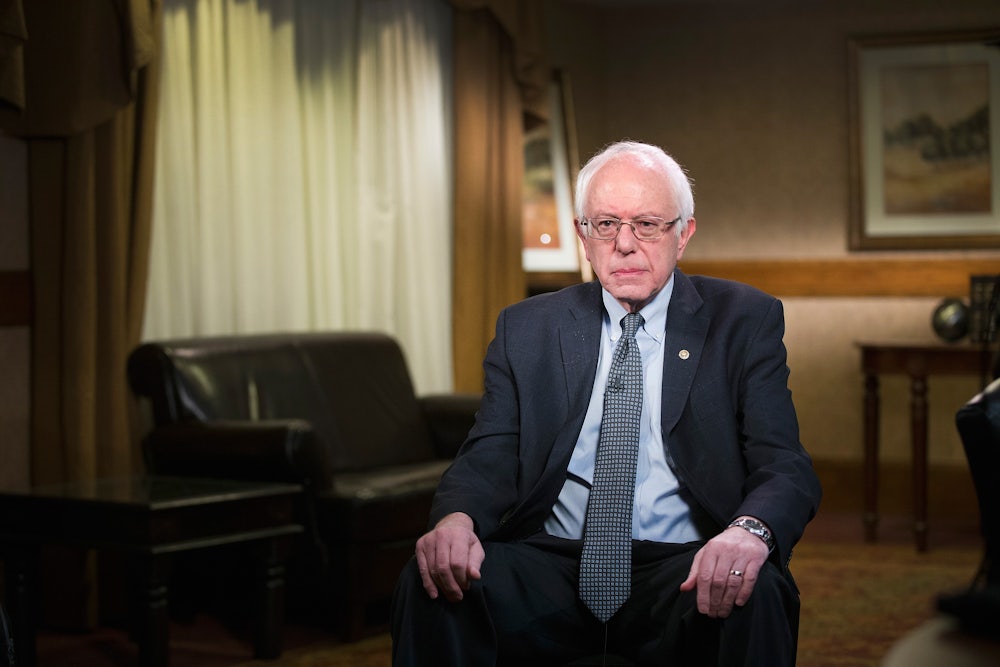There are two Democratic primaries on Tuesday. Kentucky is currently too close to call, and Oregon polls don’t close until much later tonight. In a cosmic sense, the Democratic primary is over. Clinton’s lead is, mathematically speaking, insurmountable—the Democrats’ proportional primary system makes the race look closer than it is. But that doesn’t mean that nothing is at stake tonight. Hillary Clinton would bolster her campaign by performing well with white working class voters in Kentucky and young progressives in Oregon. And Bernie Sanders needs victories to quiet the growing chorus of Democrats who are calling on him to exit the race so the party can unite around Hillary Clinton (or unite against Donald Trump, which might be easier).
Citing the recent bedlam at Nevada’s Democratic Convention, a number of prominent Democrats told CNN’s Manu Raju that they were becoming increasingly concerned that Bernie Sanders and his supporters could “upend” the Democratic National Convention in July. California Senator Dianne Feinstein told Raju that Sanders should drop out. “I think it would be most regretful if there becomes a schism,” Feinstein said. “That’s what Donald Trump should want: a schism in our party. ... It’s the responsibility particularly of Senator Sanders to see that that doesn’t happen.”
This is an appealing counterfactual, if you’re a Clinton supporter, but a counterfactual nonetheless. At this stage in the campaign, with most of the the media having transitioned to covering the general election, Sanders remains more of an annoyance to the Clinton camp than anything else. The calls for Sanders to drop out, along with the argument that he is “causing a schism” in the party, exist for one reason: To shift responsibility for “uniting the party” from Hillary Clinton to Bernie Sanders.
